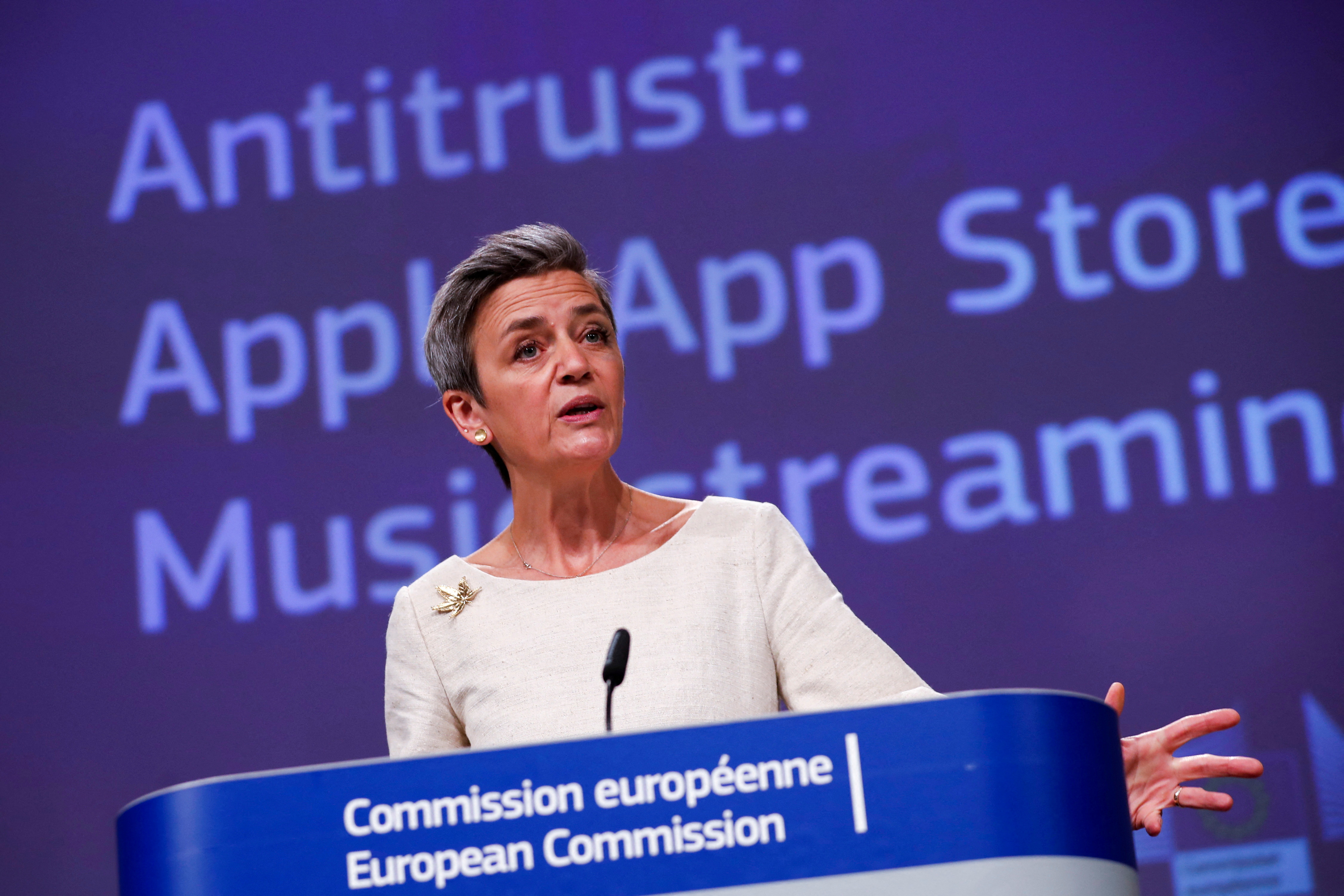The European Union is on the brink of a revolution in digital rights as nearly 1 million citizens rally behind an initiative demanding that video game publishers stop remotely disabling games. This initiative, aptly named Stop Destroying Videogames, has collected 953,787 signatures towards its goal of 1 million, demonstrating a powerful public demand for accountability in the gaming industry.
Corporate Control Over Digital Assets
Video games have evolved from mere entertainment to intricate digital ecosystems that often end up in the hands of corporate giants. These corporations wield significant power over not only the content but also the accessibility of the games. As reported by Wikipedia, video game preservation efforts highlight the importance of keeping games playable long after their initial release. However, the current model allows publishers to effectively "pull the plug" on games, leaving consumers with no recourse.
Understanding the Initiative"s Objectives
The Stop Destroying Videogames initiative aims to mandate that publishers leave their games in a functional state when they decide to discontinue support. This isn"t about taking ownership or monetization rights; it’s about preserving access for consumers. The initiative"s text emphasizes that publishers must provide reasonable means for games to remain playable, fundamentally challenging the exploitative practices that currently dominate the industry.
\n\n
Anti-abortion activists to "march with fresh resolve" in ...
The Call for Digital Rights Protection
This movement aligns with broader trends in digital rights advocacy, where consumers increasingly demand more control over the digital products they purchase. According to Polydin, game publishers have historically acted as gatekeepers, often prioritizing profit over consumer welfare. The European Citizens" Initiative (ECI) serves as a vital tool for citizens to directly influence legislation, creating a participatory democracy that empowers users to advocate for their rights.
Implications for the Gaming Industry
What happens if this initiative gains traction? The implications for the gaming industry could be monumental. Publishers may need to rethink their business models, shifting from a focus on short-term profits to a more sustainable approach that respects consumer investment. As reported by The New York Times, the industry has already faced criticism for its gambling-like mechanics. Now, the focus is shifting towards ethical considerations regarding game accessibility and longevity.
\n\n
EU antitrust chief Vestager to hold news conference, Apple in ...
The Power of Collective Action
The surge in support for the Stop Destroying Videogames initiative illustrates the potential of collective action. With a deadline of July 31, 2025, the push for 1 million signatures is not merely a numbers game; it is a reflection of a growing consciousness about digital rights among consumers. The gaming community, often portrayed as fragmented, is uniting under a singular cause that could redefine the landscape of digital ownership and user rights.
The movement also serves as a reminder that technology is not inherently neutral. It is shaped by the policies that govern it, and as users, we must advocate for regulations that promote fairness and accessibility. The European Commission"s commitment to exploring this initiative is a crucial step in recognizing the rights of consumers in an increasingly digital world.







![[Video] Gunfire between Iraqi security forces and Sadr militias in Baghdad](/_next/image?url=%2Fapi%2Fimage%2Fthumbnails%2Fthumbnail-1768343508874-4redb-thumbnail.jpg&w=3840&q=75)
